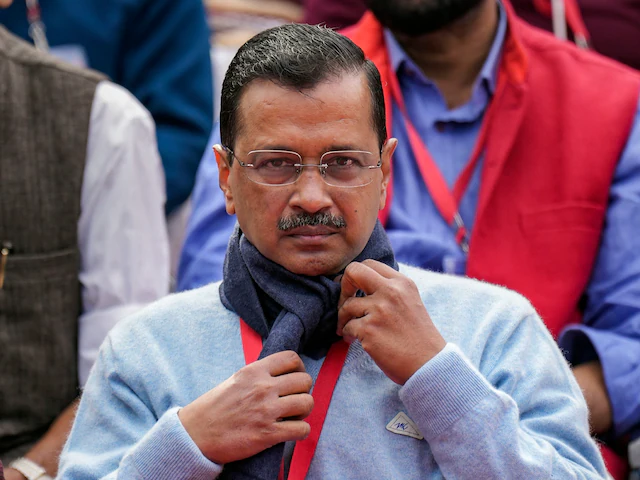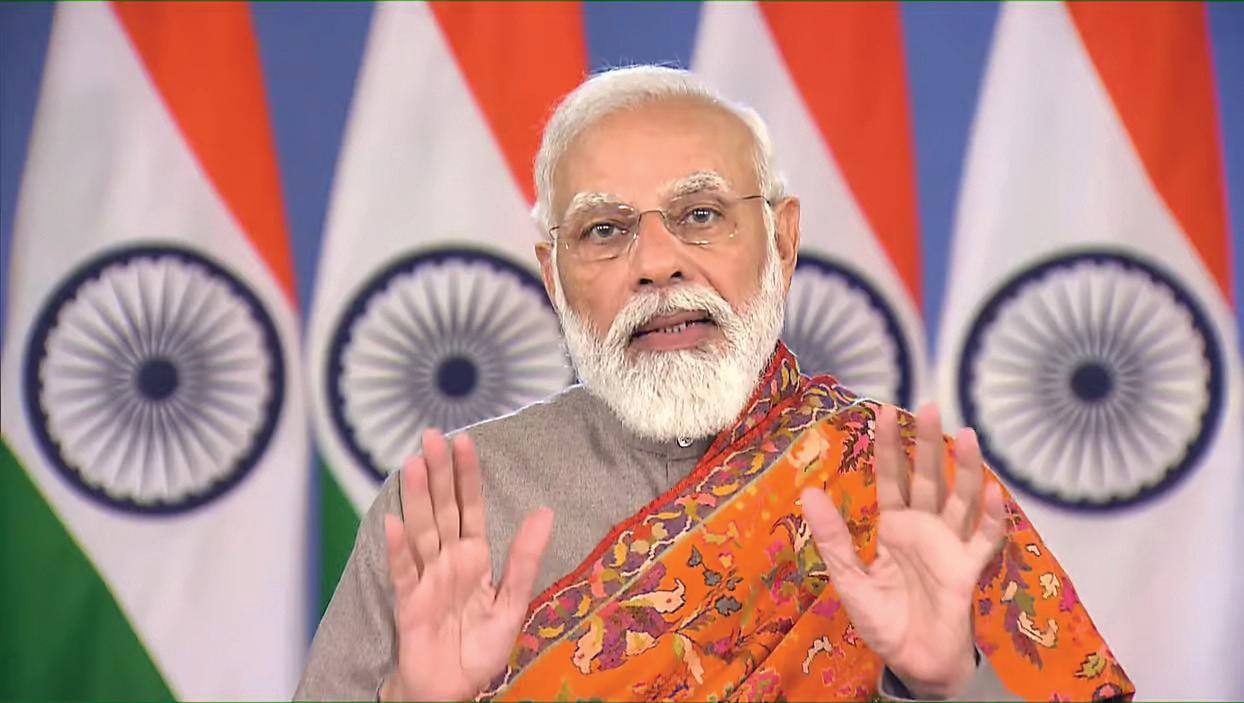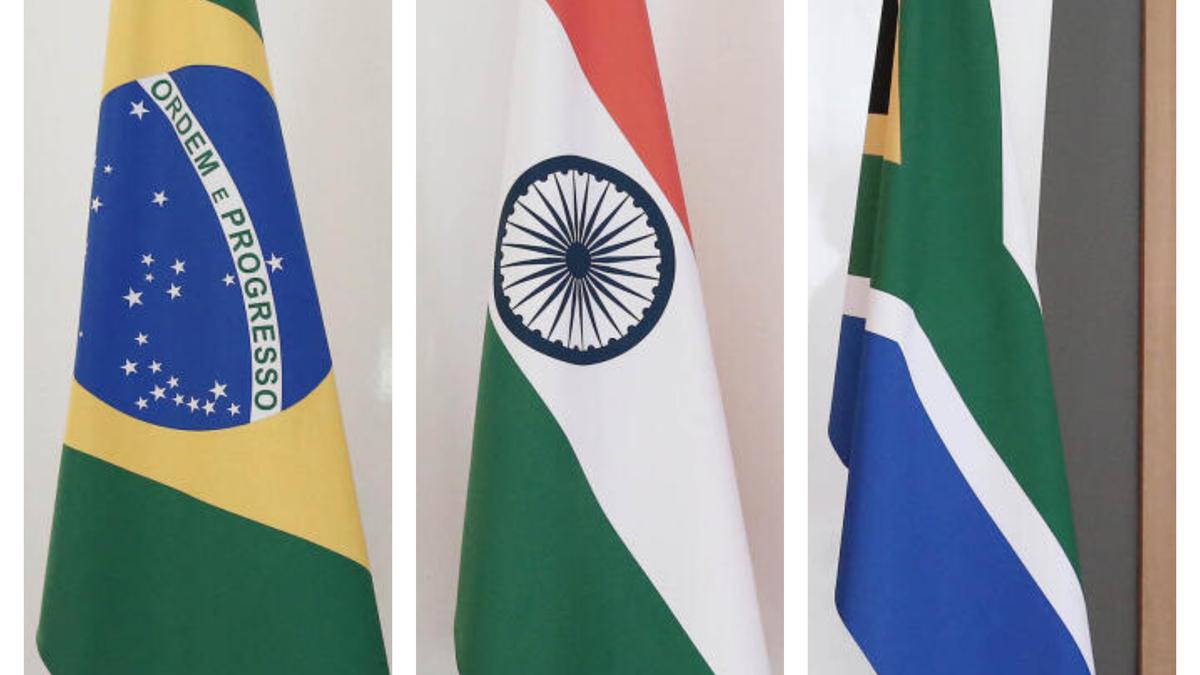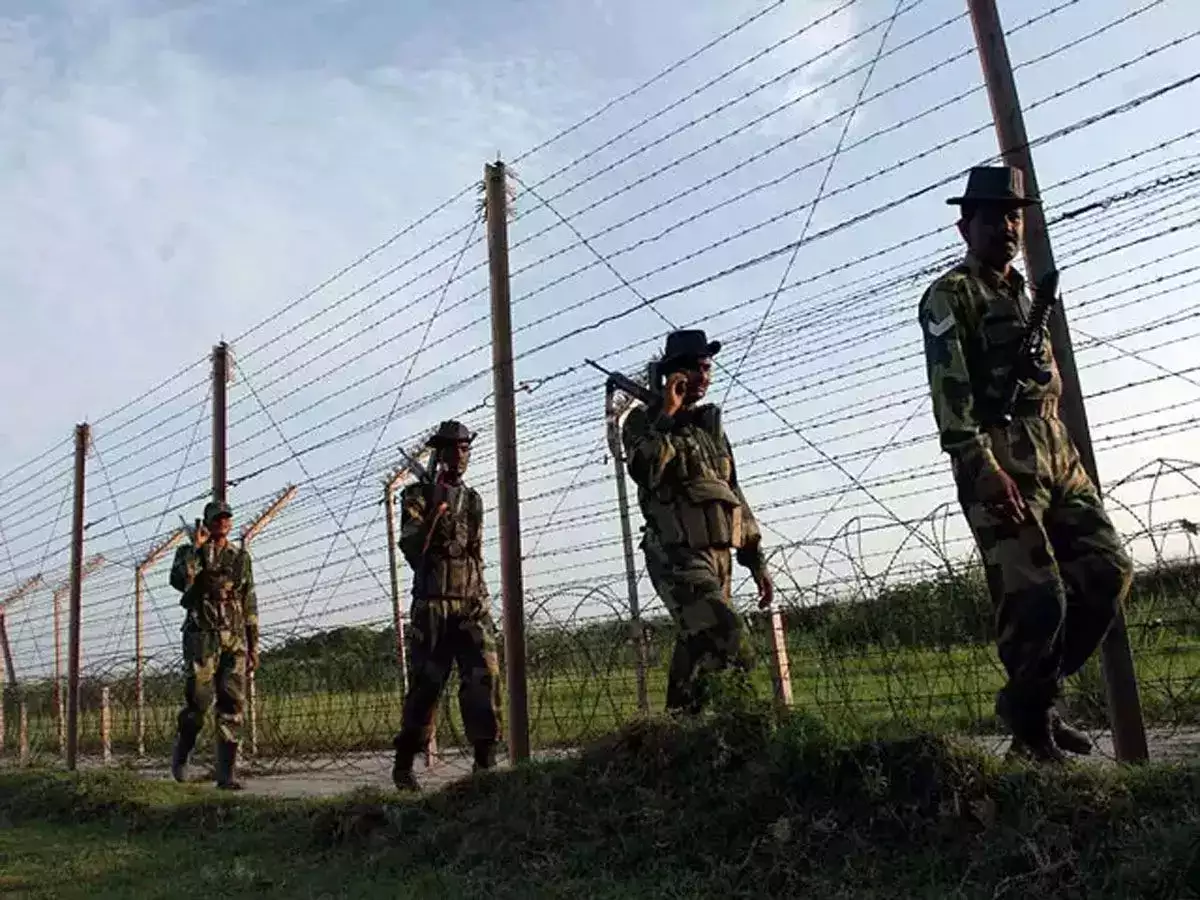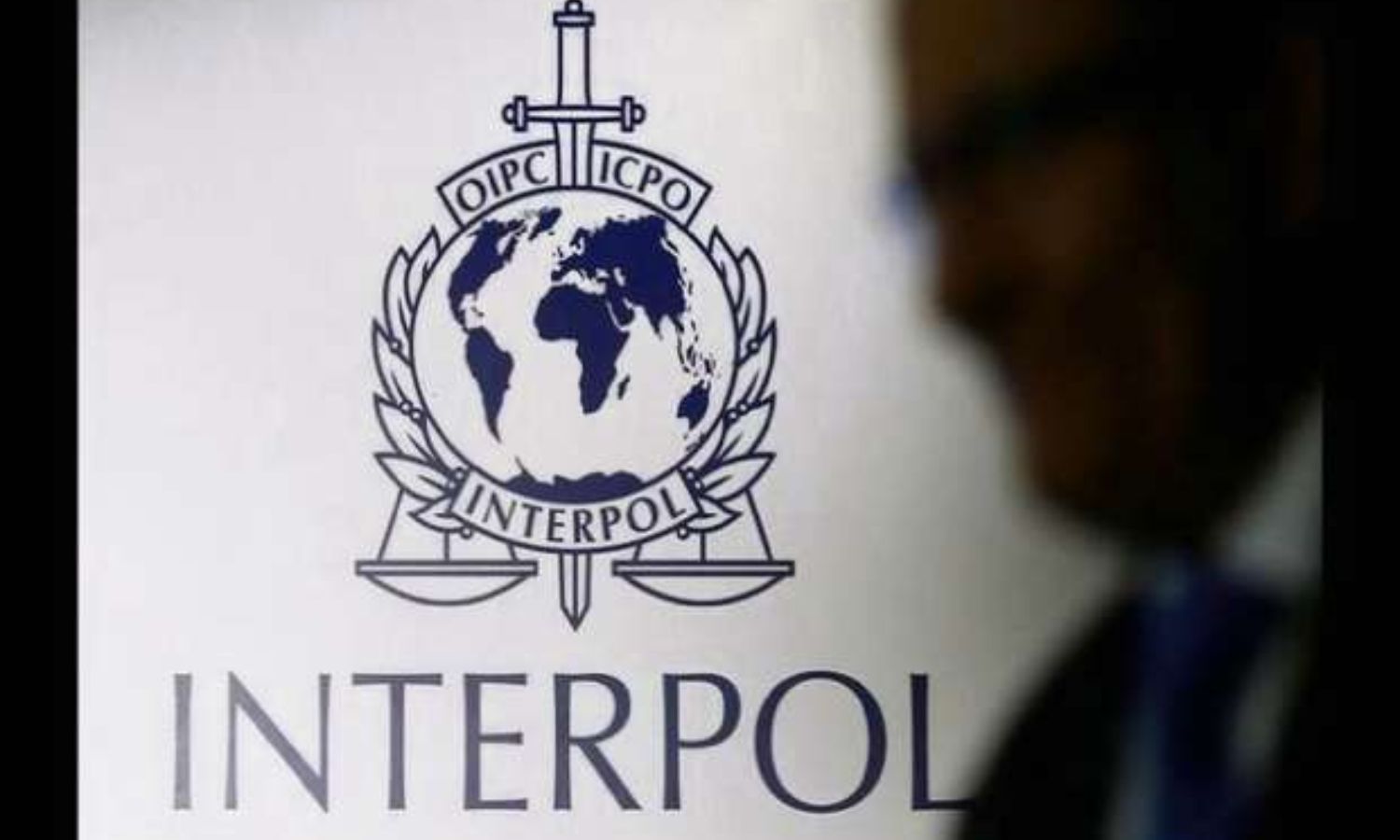Policy&Politics
Significant events become rituals, core messages forgotten!
Plethora of events and politics in the name of great men, but none is willing to follow the path shown by them.

The Daily Guardian is now on Telegram. Click here to join our channel (@thedailyguardian) and stay updated with the latest headlines.
For the latest news Download The Daily Guardian App.
Policy&Politics
Kejriwal unveils ‘Guarantee’ for LS Polls: AAP’s pledge for change
Economy
Macro & financial stability, boost to infra, extended PLI likely key areas in Modi 3.0
Policy&Politics
Govt extends date for submission of R&D proposals
Policy&Politics
India, Brazil, South Africa to press for labour & social issues, sustainability
Policy&Politics
India to spend USD 3.7 billion to fence Myanmar border
Policy&Politics
ONLY 2-3% RECOVERED FROM $2-3 TN ANNUAL ILLEGAL TRADE THROUGH BANKING: INTERPOL
-

 Opinion3 years ago
Opinion3 years agoPakistan-China nexus trying to sow doubts in Indian society about governance systems
-

 Entertainment8 years ago
Entertainment8 years agoThe final 6 ‘Game of Thrones’ episodes might feel like a full season
-

 Entertainment8 years ago
Entertainment8 years agoThe old and New Edition cast comes together to perform
-

 Fashion8 years ago
Fashion8 years agoThese ’90s fashion trends are making a comeback in 2017
-

 Opinion3 years ago
Opinion3 years agoEnvironment day with a missing spring and lost souls
-

 Politics8 years ago
Politics8 years agoIllinois’ financial crisis could bring the state to a halt
-

 Entertainment8 years ago
Entertainment8 years agoNew Season 8 Walking Dead trailer flashes forward in time
-

 Entertainment8 years ago
Entertainment8 years agoMod turns ‘Counter-Strike’ into a ‘Tekken’ clone with fighting chickens

